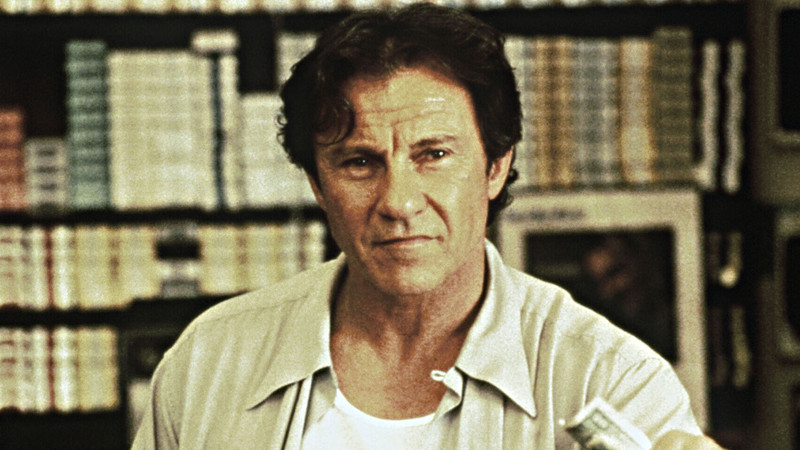
The 1990s were the age of the mega blockbuster and the movie star as larger than life idol. From Will Smith to Harrison Ford, this was the era of the brave hero fighting against all odds, facing and indeed tackling a problem that was much bigger than him, and more often than not bigger than the world itself. There were aliens, earthquakes, volcano eruptions, dinosaurs, giant lizards and a host of other grandiose horrors threatening to take us out, and it was always up to the stars to save the day.
That said, there was much more to the 90s than large scale disaster flicks and adventure epics, with everything from erotic thrillers to broad comedies attracting cinema-goers in their millions. Again though, as with every other decade, there were dozens, hundreds in fact, of films which went under the radar or were unfairly sidelined by audiences and critics. Though one could easily name many more, here are ten American films of the 1990s which have been unjustly overlooked.
1. In the Soup (1992)
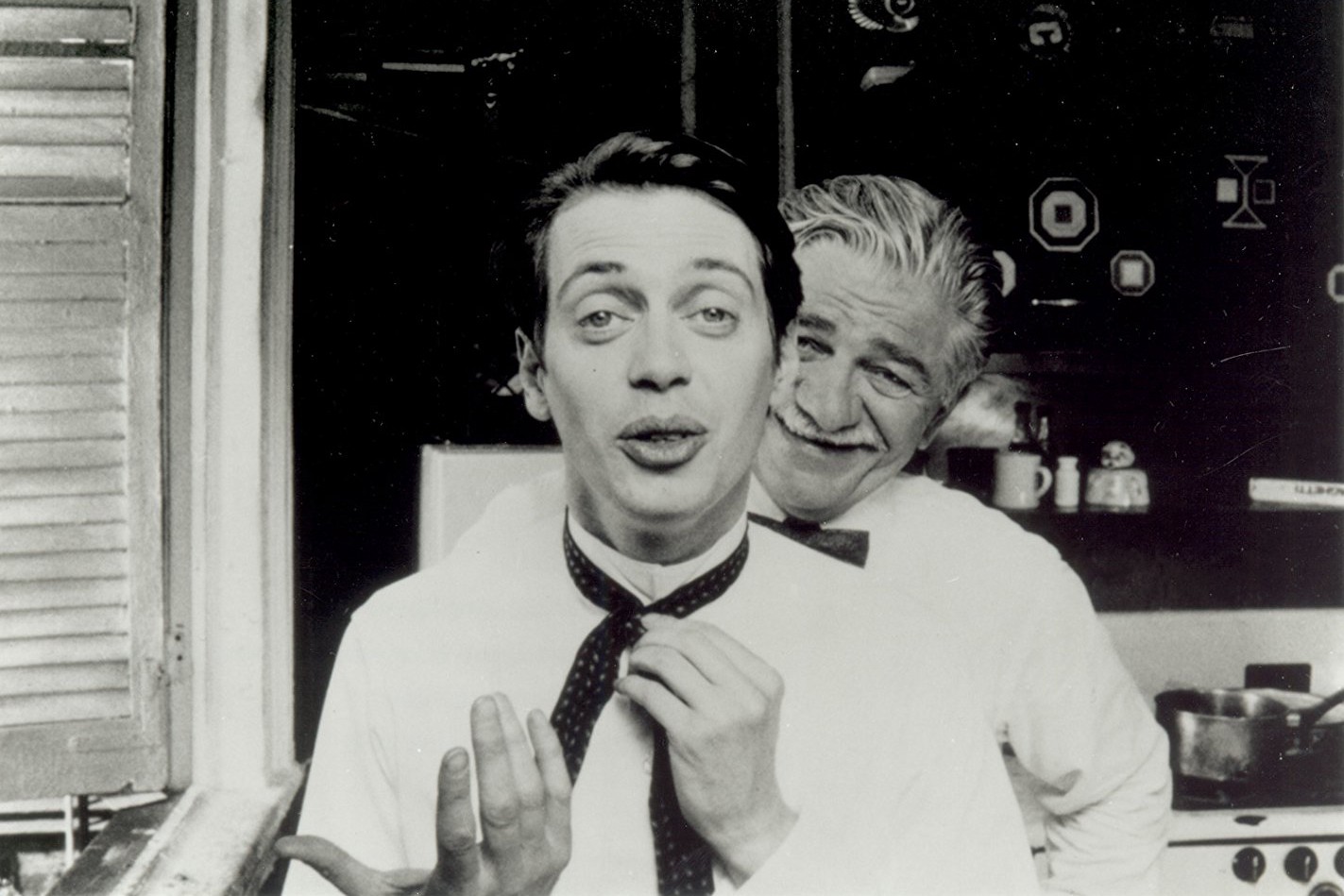
Alex Rockwell has consistently been one of the most interesting and enduring indie filmmakers America has produced in the last thirty or so years. Known for his segment in the underrated Four Rooms (1995), and the kooky and wonderful Somebody to Love (1995), there is another film which should spring up whenever he is mentioned – and that film is In the Soup.
In the Soup features an early starring role for Steve Buscemi, a rare leading part which proves he can carry a feature from start to finish. He stars as Adolpho Rollo, a down on his luck aspiring filmmaker, who has written a 500 page screenplay he is desperate to get on the screen. Broke and living in a crummy apartment, he fantasises about being a great director while working his menial jobs and getting frustrated with the lack of action with the neighbour he so desires (played by Jennifer Beals).
Adolpho’s luck changes though when he meets a shifty stranger called Joe (played by the hilarious Seymour Cassell) who offers him large sums of cash to make his film. What seems like a perfect sweet deal soon turns out to be a hellish nightmare, when it’s clear Joe has his own ideas for the film and drags Adolpho into his often sleazy, shady little world.
In the Soup is one of those perfect little films which just flows beautifully. The black and white look is sublime, and Buscemi’s features come alive off the screen in every scene. His charisma shines through too, and Adolpho remains one of his finest, though not most well known characters. We really do root for the guy, especially when the untrustworthy, but immensely likeable Joe drags him further into his unsavoury universe. The film itself is a little lost in time, though it does have its own small cult fanbase.
2. Trees Lounge (1996)
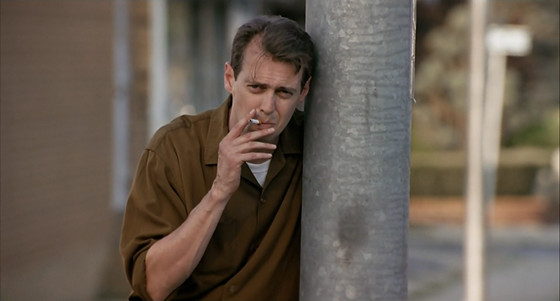
In 1996, Steve Buscemi finally managed to get together his semi autobiographical project Trees Lounge, which he directed, wrote and starred in as Tommy, an unemployed mechanic who spends his days hanging in his favourite bar, the Trees Lounge. Based on aspects of his own younger years, it’s a funny, but often very dark comic drama that deserves more attention.
This is arguably Buscemi’s finest hour as both director and performer, and his embodiment of the down on his luck alcoholic comes to life with a believable and moving performance. What makes the film more powerful is its level of honesty. Buscemi pulls no punches in his depiction of this lost life, nor does he look down his nose at the drunks and faded faces. For him, it was cathartic, considering what could, and just might have been.
Though Buscemi’s central performance holds the film together (he plays the scally wag brilliantly), the supporting cast deserve their credit too. Chloe Sevigny is fabulous as the teenage girl who Tommy gets involved with, and Daniel Baldwin is scary as her angry step dad, who doesn’t take their closeness too well. Anthony La Paglia plays Tommy’s former friend, who is now dating his ex, and Carol Kane is just sublime as the barmaid at the lounge. Mark Boone Junior, Steve’s old pal, is also excellent as an alcoholic man trying to win his family back. A film full of lively performances and memorable scenes, Trees Lounge is a 90s indie gem.
3. Smoke (1995)

One of the most sublime of all the American indie movies to appear in the 1990s, Smoke (1995) was written by Paul Auster and directed by Wayne Wang. Inspired by a short story Auster had written for the New York Times, a Christmas yarn told by an imaginary cigar shop clerk named Auggie Wren, it was Wang who suggested they flesh out the story into a film. Though it took some time for Auster, who was working on novels at the time, to hammer together a decent screenplay, the film was eventually made with Harvey Keitel in the vital role of Wren, and William Hurt as the widowed writer, Paul.
Set in Brooklyn, and based around the cigar shop, focusing on the various characters who come and go and interact about the store, Smoke is a wonderful film with a fine cast and an atmosphere all of its own. This is no Scorsese New York, there is no Travis Bickle and the streets are not mean. No, Wang and Auster’s Smoke is an almost comforting place, a city where, though dangerous at times, is made liveable and pleasant by the people, the ordinary folk who are kind, who engage in small talk, who become a part of your everyday life. In its various sub plots and winding tales, Smoke is a celebration of humanity, a film about people connecting in an environment that, without such simple acts of friendly humanity, would be a unforgiving jungle.
Keitel gives the films its most charismatic turn, a wonderful performance that is subtle and likeable. Based on a real chap Auster used to buy his cigars from, Wren is a vivid creation made flesh by Keitel, who makes him believable and warm. Though Auster did want Tom Waits for the part, it’s hard to imagine anyone but Keitel in the part. Smoke is a real gem of a movie and deserves to be seen again and again. So seek it out, and be richly rewarded.
4. American Buffalo (1996)
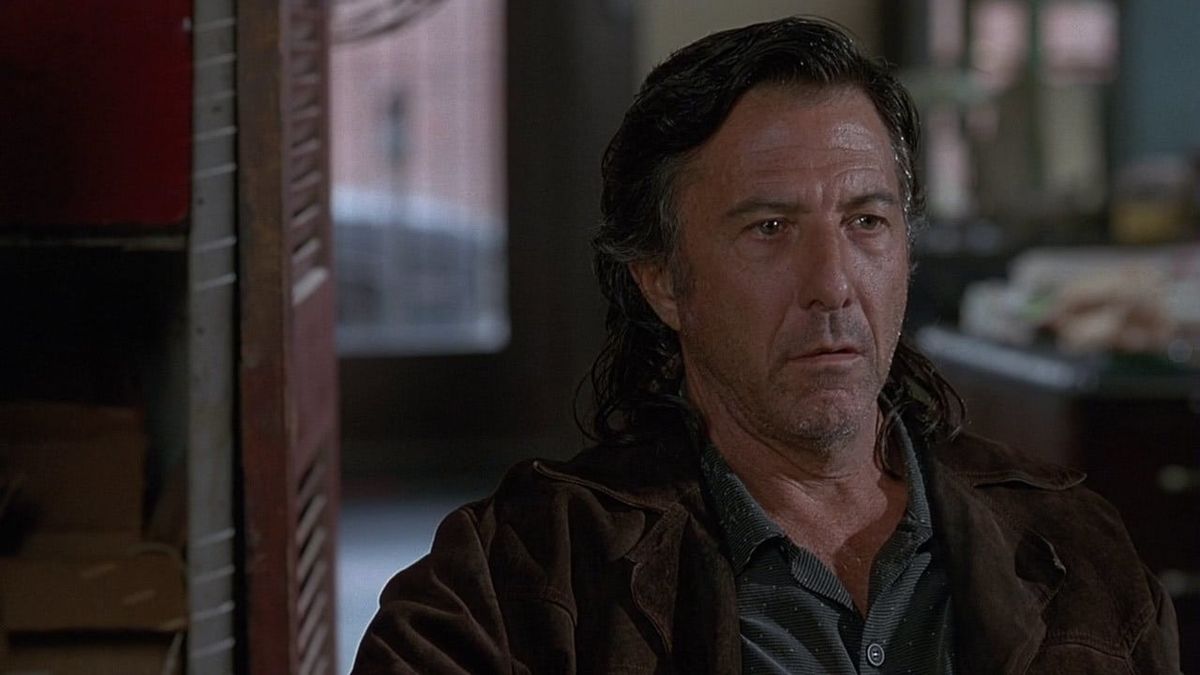
Based on David Mamet’s acclaimed play, American Buffalo concerns Donny (Dennis Franz), owner of a down town junk shop in the least aesthetically pleasing neighbourhood imaginable. Sean Nelson plays Bobby, a younger man who hangs around the shop, and Dustin Hoffman is Teach, a seedy lay about who never seems to want to go home. One day he comes up with a plan, to rob a man’s safe thought to contain rare coins. The robbery, however, does not exactly go to plan.
American Buffalo first burst on to the theatre in the mid 1970s, making Mamet a name to watch. In the years that followed he continued to write acclaimed plays like Glengarry Glen Ross and Speed the Plow, while he scripted such films as The Untouchables, We’re No Angels and The Postman Always Rings Twice. American Buffalo, one of Mamet’s least cinematically inclined plays, was first developed for the screen with his Glengarry Glen Ross star Al Pacino tipped for Teach, the very part he had won rave reviews for on stage.
When Pacino did not respond quickly enough, Dustin Hoffman was offered the role instead. As good as Pacino would have been (think of his Levine in the film version of Glengarry Glen Ross), Hoffman is suitably dynamic. His Teach is a sleazy, grubby individual with shades of Ratso Rizzo about him. Though little known, this could well be among his finest performances.
American Buffalo hardly set the world alight however and seemed to come and go without much fanfare. Reviews were mixed and it did no business. Now, it is almost totally forgotten. Which is a shame, because it’s superbly acted and gripping from start to finish.
5. Another Day in Paradise (1998)
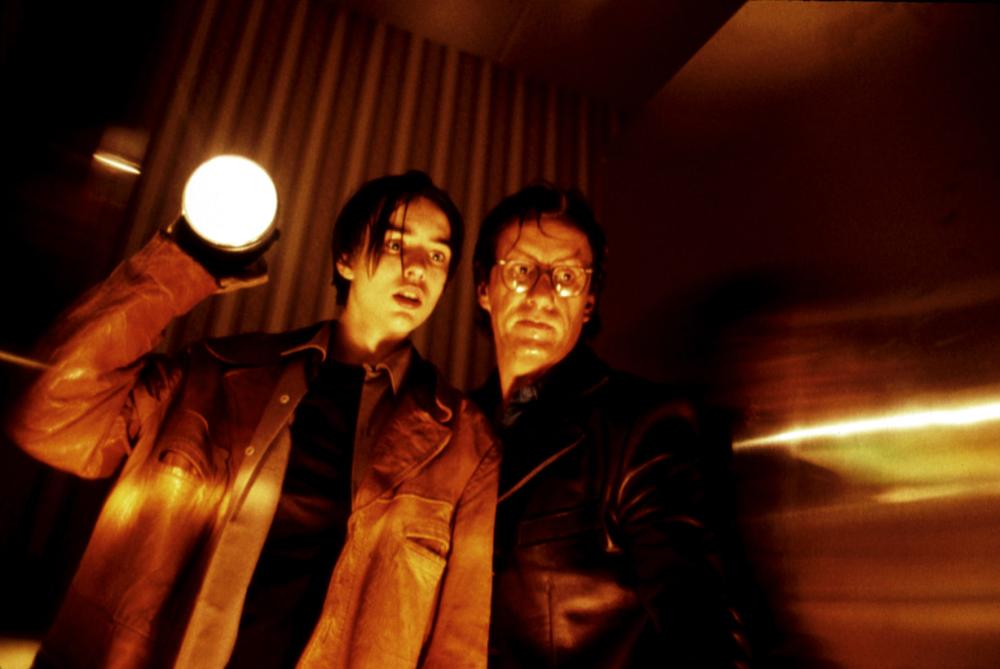
Larry Clark’s Another Day in Paradise (1998) is a hidden gem that harbours all that was good about the liberated world of indie cinema of the 1990’s, but featuring none of the superficiality that often ensured movies of that era didn’t age so well. Another Day in Paradise though, is a film that is in a league of its own. A mercilessly grimy and occasionally foul exploration of living the life of crime in modern America, it’s a film that does not let up, never shies away from showing the truth of the dark underbelly of petty crime, of living day to day, shooting drugs and going after the next big score.
It stars James Woods and Melanie Griffith as two criminals, Mel and Sid, who take a young hedonistic couple under their wings. The sleazy foursome (with Vincent Kartheiser as the boyish Bobbie and Natasha Gregson Wagner as pixie haired junkie Rosie) begin to drive through America, getting into scrapes and pulling off increasingly risky jobs. As more drugs come into the mix, things get out of hand, especially when the crew mess up a particularly ill advised robbery, and ultimately proceedings head towards the tragic.
The film is gritty, addictive viewing, and the performances are splendid. Griffith gives what may be her finest effort, while this is hyper-Woods at his best, in some ways carrying elements of Casino’s Lester Diamond, in mannerisms and dress most of all. But he is a far more competent man and criminal than the pathetic pimp. Mel is different; though a junkie, he has a vision and knows how to carry it through. Afraid of old age, he promises he will drive his car off a cliff when he is sixty. Anything, even death, is better than getting old.
Though the film was not a box office hit, it did attract the kind of critical praise Woods thought it would. And when one considers what else was coming out and getting shoved in our faces in 1998, it’s no surprise the film was not a smash success; how could it have been, really, in a year that saw the release of such blockbusters as Armageddon and Godzilla? Still, reviewers were impressed.
Buried in time, Another Day in Paradise is one of the most effective thrillers of the 1990s. Thankfully it’s widely available on DVD, so you owe it to yourself to track it down.